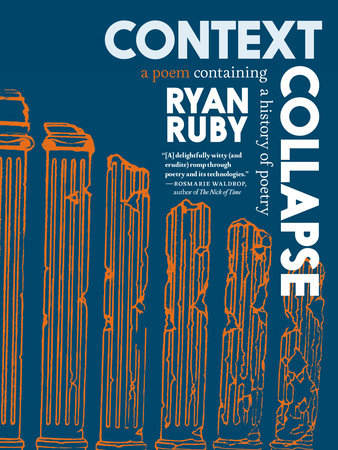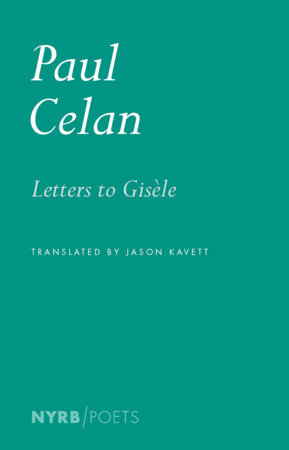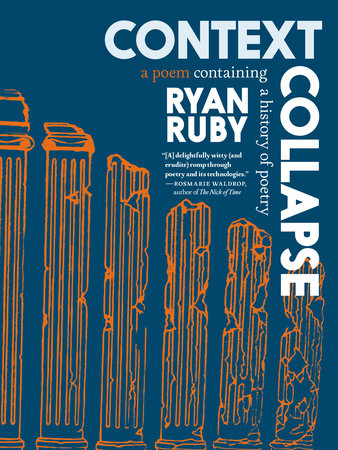

Context Collapse
By Ryan Ruby
By Ryan Ruby
By Ryan Ruby
By Ryan Ruby
Category: Poetry | Literary Criticism | Philosophy | World History
Category: Poetry | Literary Criticism | Philosophy | World History

-
$15.95
Nov 19, 2024 | ISBN 9781644214237
-
Jan 14, 2025 | ISBN 9781644214244
YOU MAY ALSO LIKE

Birds, Beasts and a World Made New
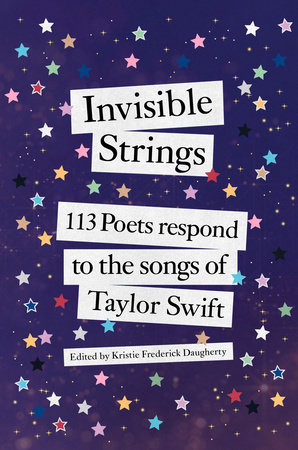
Invisible Strings
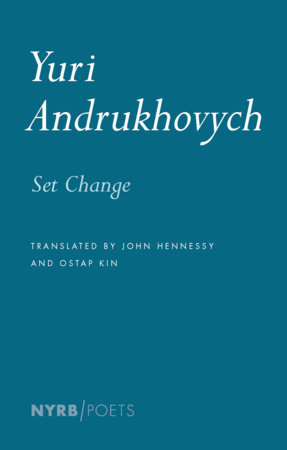
Set Change
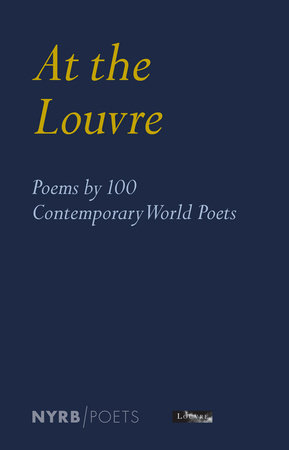
At the Louvre: Poems by 100 Contemporary World Poets
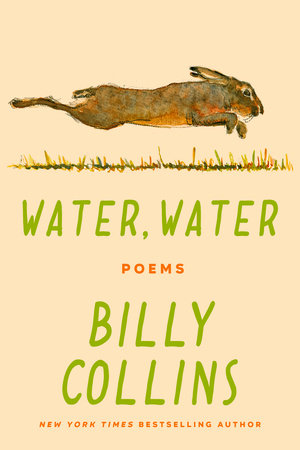
Water, Water

Context Collapse
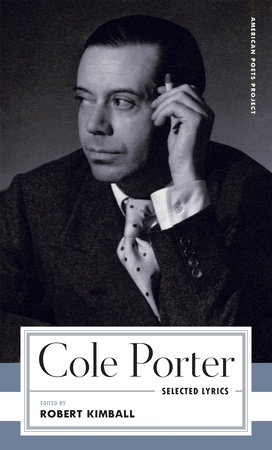
Cole Porter: Selected Lyrics
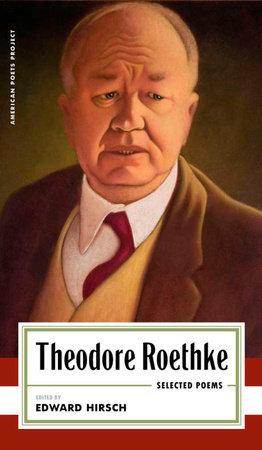
Theodore Roethke: Selected Poems
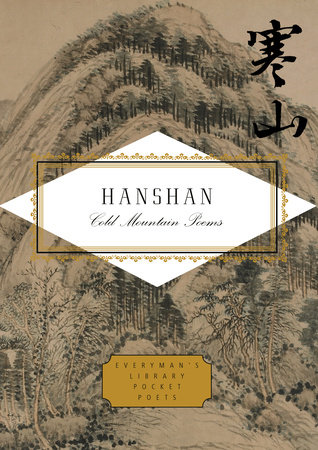
Cold Mountain Poems
Praise
“Ryan Ruby has written a daring kind of essay. The verse text and verse footnotes conflate and flail, destabilizing and stylizing one another like conjoined twins.” —Don Mee Choi, author of DMZ Colony
“Context Collapse is an erudite and a perceptive essay in the form of a poem, which traces the history of poetry from ancient orality to the electronic age. Using both the line and the footnote in a self-referential and sophisticated performance, it argues that what poetry is depends on the economic, social and technological conditions of its production.” —Eugene Ostashevsky, author of The Feeling Sonnets
“It seems impossible that Context Collapse is as wildly erudite and incredibly fun as it is. What a grand survey of poetry, in poetry! I’m envious of Ryan Ruby for succeeding so brilliantly with this bold and cheeky (and frankly insane) project.” —Lauren Groff, author of The Vaster Wilds
“Reader! In this book, you are sitting for a family portrait. Ryan Ruby has written a poem of poetry’s audience, from first song by firelight to the cool blue of the computer screen. The story he tells is learned, witty, bright with shards of lyric; a surreptitious media theory by turns elegiac and inspiring. You will see your self here, and we can see each other, and all of us can remember how good it gets when humans pay attention to what humans make.” —Jeff Dolven, author of Senses of Style and *A New English Grammar
“With perverse, provocative persistence, Ryan Ruby shores a fragmentary history of the ancient technology of poetry against its modern ruins. Poetry’s audience, he argues, is hastily going the way of all flesh—a context that renders his Herculean labor futile. How, then, does Ruby manage to make his verse essay so very compelling? What does its propulsive power and persuasiveness tell us not only about what poetry can do, but also about ourselves? These are the stimulating and, indeed, pressing questions posed by Context Collapse, an ars poetica like no other.” —Boris Dralyuk, author of My Hollywood
“What a joy it is to think alongside Ryan Ruby. In Context Collapse, critical argument and literary history become sensuous and playful, provocative in the best sense and, by the end, deeply moving.” —Phil Klay, author of Redeployment
“An epic on the history of poetry may seem an unlikely project, but this delightfully witty (and erudite) romp through poetry and its technologies works up to a sobering, urgent, apocalyptic conclusion.”—Rosmarie Waldrop, The Nick of Time
“Literary critic Ruby (The Zero and the One) delivers a dazzling and ambitious “verse essay” tracing the history of poetry from Homer through the present. He begins with early Greek poetry performances, where audiences didn’t seek to interpret the poet’s words so much as “judge the skill with which they are sung.” In medieval times, poetry was usually composed by court troubadours and performed by jongleurs (itinerant entertainers), Ruby explains, discussing how troubadours developed increasingly complicated rhyme schemes to make it difficult for “unscrupulous” jongleurs to introduce their own changes. Elsewhere, Ruby describes how poets attempted more sophisticated literary techniques after the 15th-century invention of the printing press, which enabled readers to spend more time parsing texts; how modernists wrote thematically dense verse in hopes of inspiring enough scholarly exegesis to keep their names alive after their deaths; and how a contemporary overabundance of poets makes it appear that most poems are read by few and culturally irrelevant. Ruby’s effortless synthesis of artistic, cultural, and technological developments makes him an excellent historical guide, and the verse essay format—consciously modeled on the argumentative poetry of Parmenides and Alexander Pope, among others—proves a novel reading experience. This literary history stands in a class all its own.” —Publisher’s Weekly, STARRED REVIEW
“It is indeed a poem—it’s written in verse (pentameter). And it is indeed a history—leading us from The Odyssey to The Xenotext (a recent project by Canadian poet Christian Bök, which involved implanting a poem, encoded as DNA, into a bacterium). But it is also—and perhaps most of all—a major contribution to media theory. It positions poetry as a vital site of innovation and experimentation, where language is continually renewed through its collisions with new media technologies, ultimately transforming not only the impact of these technologies on society but the very enterprise of meaning-making itself.” — Zoë Hitzig, The Baffler
“Writing, it’s been said, remains unique because it is the only medium that can use its own form to investigate itself; that is, the art and the criticism that seeks to understand the art share the same ground. (Where is photography’s essay on the image? Where, for that matter, is a critique of Bach in the form of a symphony?) Lacking a discursive element, other forms must make do with implicit commentaries within themselves, something that the audience (which we will come to shortly) is left to tease out. But what of poetry? Ryan Ruby’s Context Collapse attempts just that—a discursive, book-length essay composed in verse, announced by its subtitle as “a poem containing a history of poetry.”– Jared Marcel Pollen, Poetry Foundation
“Ironically, despite a dark, if not Schwarzschild-like, cultural cosmology and a sense from his emphases that he prefers thought to poetry itself, Ruby renews my faith in the importance of poetry. He’s one of those writers whose identity is clearly entangled in the pursuit of knowledge and whose underlying tone here—a relentless, somehow joyous anxiety—seems to arise from the futility of achieving the impossible goal of knowing everything, which may also be a manifestation of the fear of death.”– David Woo, LitHub
“Context Collapse may get as close as an ink-and-paper object can to the multidirectional, multidimensional rabbit-hole experience of the digital world.”– The New York Times
21 Books You’ve Been Meaning to Read
Just for joining you’ll get personalized recommendations on your dashboard daily and features only for members.
Find Out More Join Now Sign In






